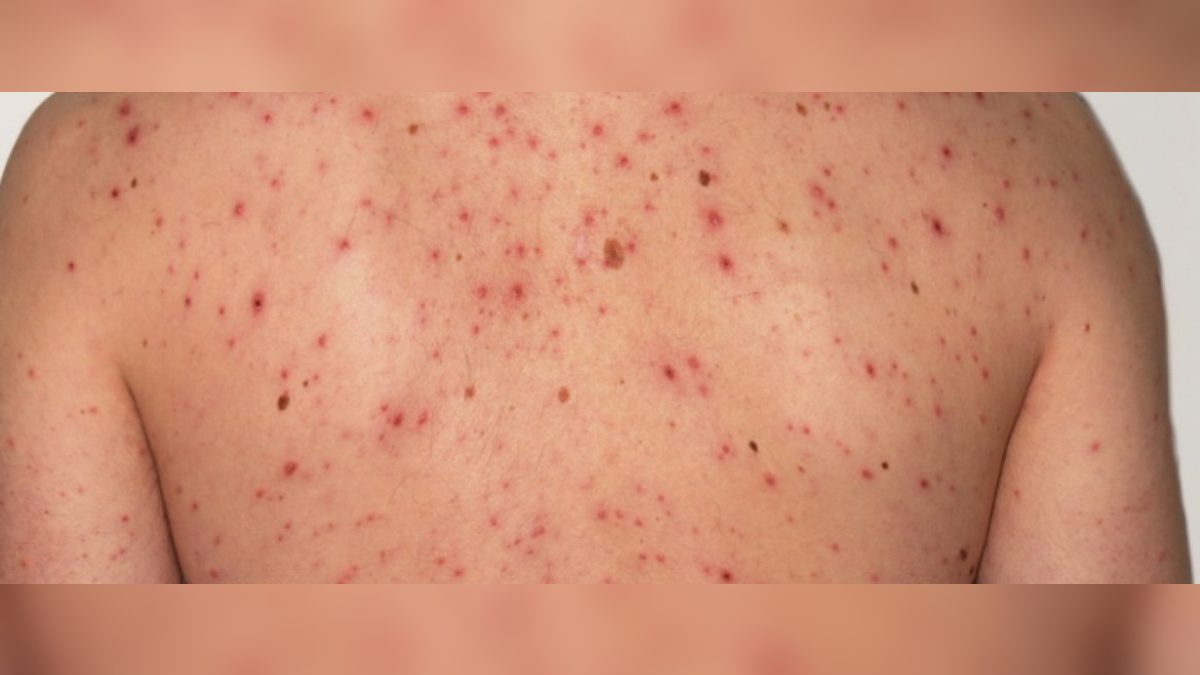The World Health Organization (WHO) has reported a sharp increase in global measles cases, which reached 10.3 million in 2023, marking a 20% rise compared to 2022. WHO attributes this alarming trend to inadequate immunization coverage. Tedros Adhanom Ghebreyesus, WHO Director-General, emphasized the critical need for investment in immunization to protect every individual, regardless of their location.
Measles, known as tigdas in the Philippines, is highly contagious, and at least 95% of a population must be vaccinated with two doses to prevent outbreaks. However, 2023 saw over 22 million children missing their first dose, and only 74% received their second dose. The year also recorded approximately 107,500 measles-related deaths, predominantly among children under five. While this is an 8% decrease from the previous year, WHO noted that too many preventable deaths are still occurring.
The measles vaccine, highlighted by both WHO and the U.S. Centers for Disease Control and Prevention (CDC), remains the most effective defense against the disease. CDC Director Mandy Cohen underscored the importance of continued investment to increase vaccine accessibility.
The Philippines has made efforts to combat measles, including the “Goodbye Tigdas” campaign launched in 2014 to boost vaccination in key regions like the National Capital Region (NCR) and CALABARZON. In 2022, 69% of children aged 12 to 23 months in the country received their vaccines, a 12% improvement from 2021 but still below WHO’s 95% target.
The Department of Health offers free measles vaccinations through local health centers. For more information on immunization programs, parents and guardians are encouraged to reach out to their nearest health facility.






